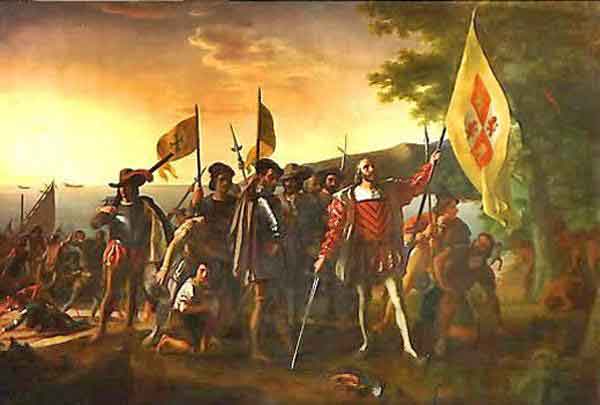Children do well to ask “So what?” Much that we take for granted is
not so obvious to children. We need to clarify for them the reasons we ask
them to remember certain things. They need to know why it’s important
to get the facts right. Encouraging children to ask, “So what?” can help
them understand what’s worth knowing—and why—and so help build
critical thinking skills. Being able to think critically prepares children to
★ judge the value of historical evidence;
★ judge claims about what is true or good;
★ be curious enough to look further into an event or topic;
★ be skeptical enough to look for more than one account of an event or
life; and
★ be aware that how we look at and think about things are often
shaped by our own biases and opinions.
Geography: An Important Tool for Learning and
Understanding History
Geography affects history
—just look at the dramatic changes in world
geography over recent years. Governments change, and new countries are
born. Many countries no longer have the same names they did even five
years ago. Climate changes bring about events such as droughts and floods
that cause massive loss of life and migrations of people from one place to
another in search of safety. Environmental changes can change the entire
history of a community or region.
As with history, children have a natural interest in geography. Watch a
group of children playing in the sand. One child makes streets for his cars,
while a second child builds houses along the street.
A third scoops out a
hole and uses the dirt to make a hill, then pours water in the hole to make a lake, using sticks for bridges. The children name the streets, and
they may even use a watering can to make rain that washes away a
house. They may not realize it, but these children are learning some core
features of geography—how people interact with the Earth, how climate
affects land, and how places relate to each other through the movement
of things from one place to another. When we turn to maps or globes as
we talk with our children about vacation plans, events happening around
the world or historical events, we teach them a great deal about
geography. Not only can such activities help our children learn how to use
key reference tools, but over time, they help them form their own mental
maps of the world, which allows children to better organize and
understand information about other people, places, times and events.


